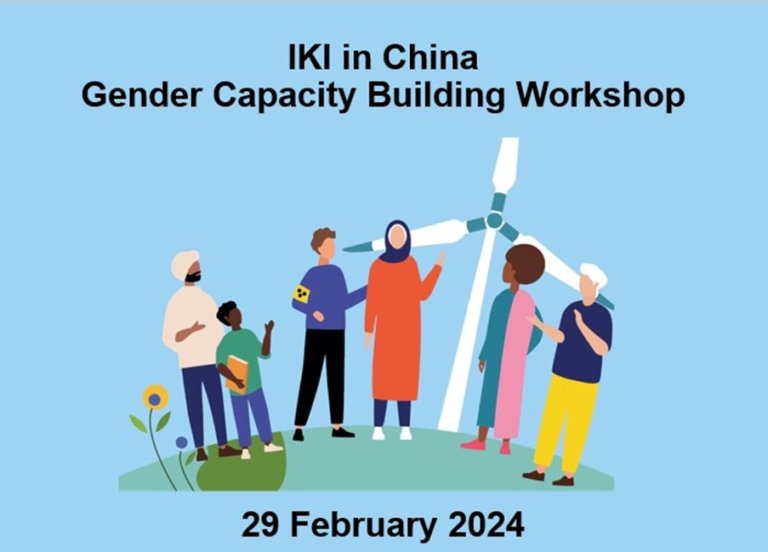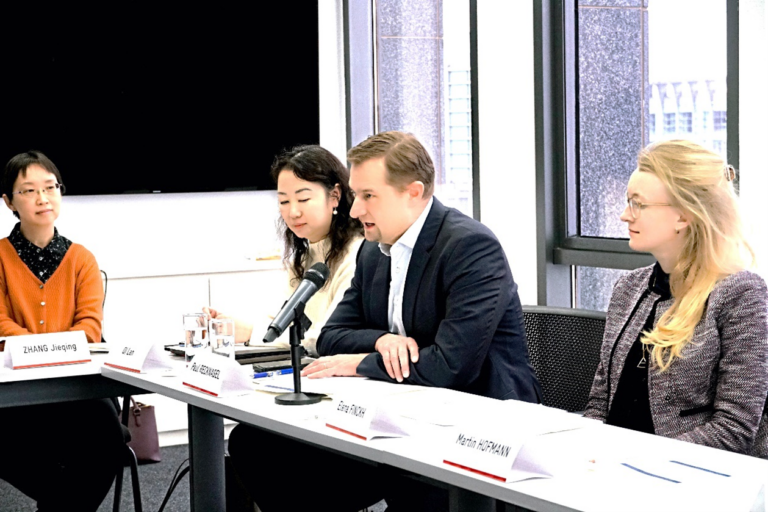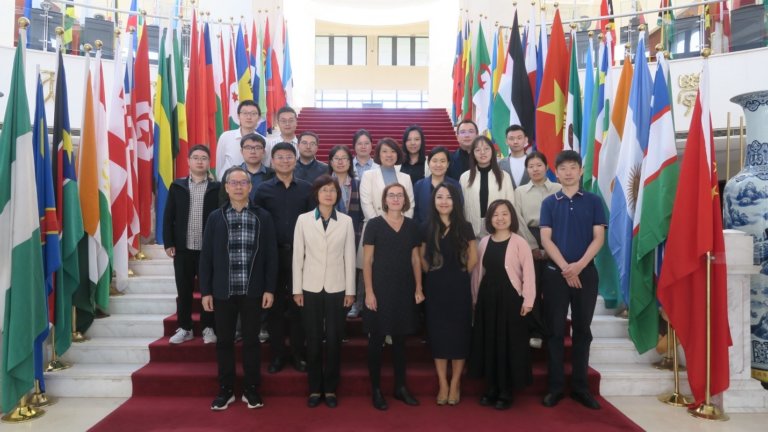On 6 July, national and international implementation partners met for a workshop organized by the NDCI project team to discuss opportunities for cooperation and identify the needs of regional implementation partners. Experts from NCSC, the Ecology Institute of Shandong Academy of Sciences, the Eco-environment Low-carbon Development Center of Inner Mongolia Autonomous Region, as well as from the two think tanks New Climate Institute and Climate Analytics Australia attended the meeting. The group discussed focus areas and approaches for cooperation on low-carbon development in the provinces of Shandong Inner Mongolia.

Concerning cooperation in mitigation efforts in Shandong, it was emphasized that the shift from old drivers of growth—i.e., emission-intensive industries—to new growth drivers, such as low-carbon enterprises, sectors, and technologies, is a key priority of the province. Shandong is a highly industrialized province, ranked third within China in matters of GDP and first in matters of energy consumption. This is mainly due to the province’s strong dependence on coal, as many industries use fossil fuels as a primary energy source. Shandong has been promoting ‘new growth driver’ industries, such as New-Generation Intelligent Manufacturing, High-Tech Industry, and alternative energy sources, since 2018, when the province was selected as a demonstration region for replacing old growth drivers with new ones.
The Shandong experts expressed their interest in modelling the emission mitigation effects of a shift in growth drivers, as well as analysing industrial structure and emission reduction potentials in Shandong province. They also showed interest in the German experiences in reducing emissions and suggested providing recommendations on mitigation pathways to government agencies based on the joint analyses.
Inner Mongolia’s energy infrastructure, similar to Shandong, also depends strongly on coal. This is partly due to Inner Mongolia being one of the largest coal-producing provinces. In Inner Mongolia, two focus areas were chosen for the cooperation: the city of Hulun Buir and the Hinggan League region.
As Hulun Buir’s industries are strongly coal-dependent, the experts suggested cooperating on creating a roadmap for emission peaking, analysing different policies, and providing feedback to decision-makers. Hinggan League, on the other hand, is not strongly industrialised but has large carbon sink potentials in grassland and forests, as well as potentials for the expansion of renewable energies. With regard to the government’s proposition to include CCER (China Certified Emission Reductions) in the national ETS, carbon sinks in the region could both contribute to reaching China’s climate goals and generate income for the region. Hence, the cooperation in Hinggan League will emphasize the analysis of renewable energy and carbon sink potentials and their contribution to national climate goals. Moreover, the partners considered supporting both provinces by means of capacity building.



